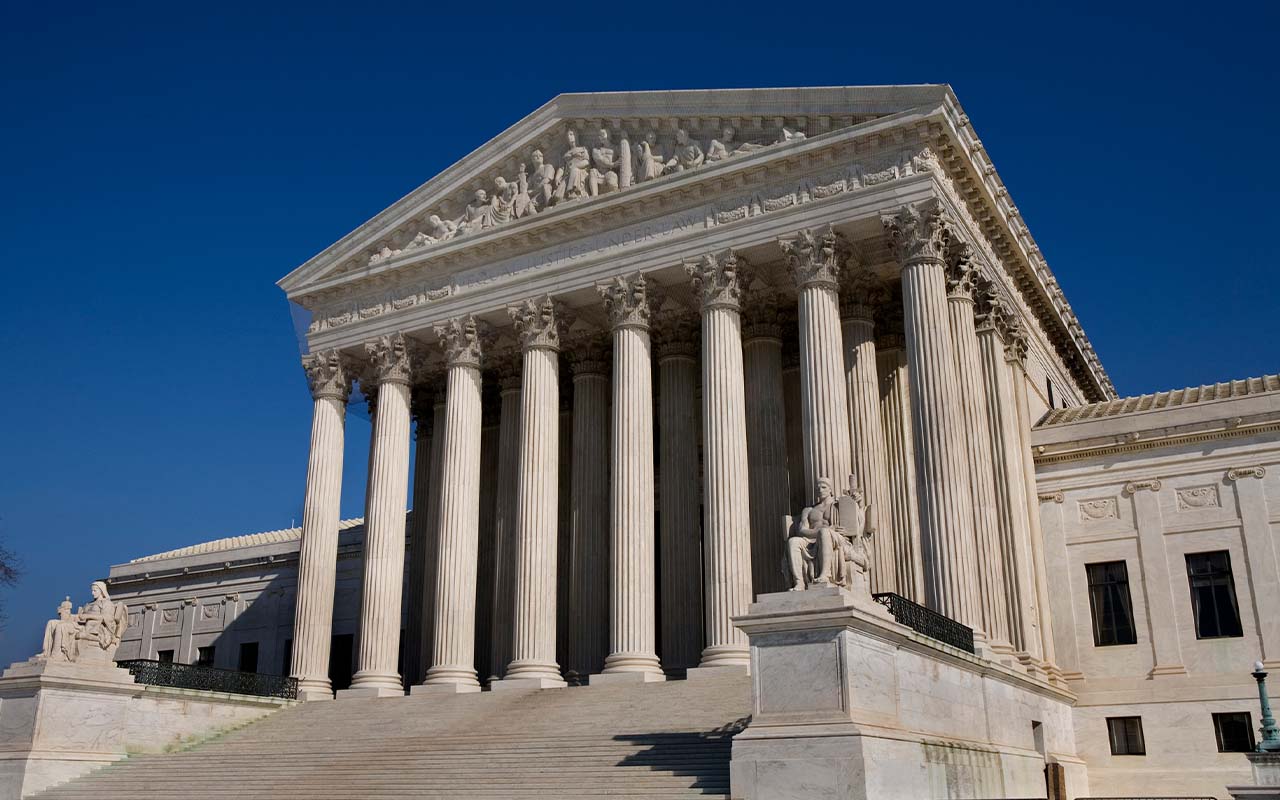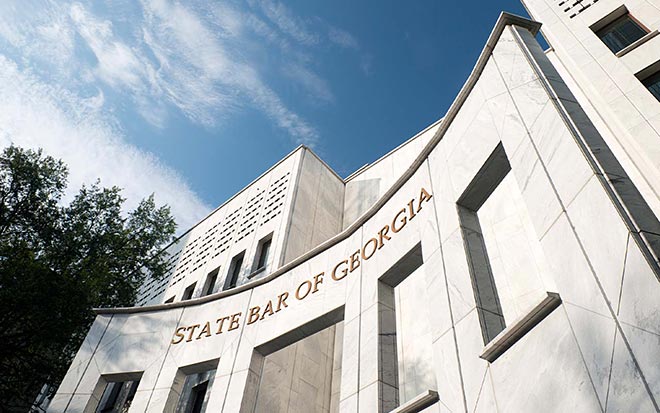Dec. 17, 2024
United States v. Miller Oral Argument: Supreme Court Justices Seem Divided on Issues of Allowing a Trustee to Sue the IRS for Fraudulent Transfers
This author previously wrote an article published in Bloomberg Law[1] regarding the Supreme Court’s decision to take up an appeal of a decision on the Tenth Circuit Court of Appeals in United States v. Miller.[2] In Miller, the Court will decide a bankruptcy question that arose after All Resort Group, a Utah transportation firm, filed for chapter 7 bankruptcy in 2017. In that case, the chapter 7 trustee brought a fraudulent transfer action under section 544(b) of the Bankruptcy Code to avoid a payment in the amount of $145,000 made by the debtor in 2014 to the IRS to cover the personal tax debts of two officers of the company. Section 544(b) permits bankruptcy trustees to avoid a fraudulent transfer if it would be invalid “under applicable law” outside bankruptcy by one of the debtor’s actual creditors.
To assert a section 544(b) cause of action, the trustee had to point to a creditor of the debtor that could have brought the suit outside of Bankruptcy. Here, the trustee pointed to a debt owed to a former employee, who had sued the company for discrimination and won. The federal government contended, however, that sovereign immunity would have barred the former employee from suing it to recover the tax payments that the company had made to the IRS. The trustee won and the decision was affirmed by the Tenth Circuit.
The question the Court will decide in Miller is whether a bankruptcy trustee may avoid a debtor’s tax payment to the United States under section 544(b) when no actual creditor could have obtained relief under the applicable state fraudulent-transfer law outside of bankruptcy.
On Dec. 2, 2024, the justices heard oral argument in Miller. The transcript from that argument can be found here and the audio of the argument can be found here. Although handicapping how the Court may rule based upon the questions and comments made by the justices at oral argument is not an exact science, it often does present a general idea of what the justices are thinking and how the Court may ultimately rule.
Here, reading those tea leaves, this author is left with the feeling that the case remains a true toss-up. Indeed, the Court appeared to be quite divided on the issue. Certain justices seemed to fall in the camp favoring the trustee’s position:
- Justice Amy Coney Barrett: Justice Barrett pressed the concern that the IRS’s reading would leave section 106 wholly futile as applied to section 544, even though the former lists section 544 as one of the sections to which its waiver of sovereign immunity should apply.
- Justice Neil Gorsuch: Justice Gorsuch, in response to the government’s attorney attempting to assuage Justice Barrett’s concerns, noted that section “106 waives sovereign immunity with respect to all of 544. It doesn’t single out (a). And I think the gist of your argument is that, as you read 544(b), 106 is effectively rendered a nullity.” Moreover, as one commentator astutely noted: “For Gorsuch (who seemed to be the strongest supporter of the trustee seeking to recover the funds), this seemed to fly in the face of the court’s past practice, which included, he noted, ‘a very old case written by Oliver Wendell Holmes no less … that says sometimes a trustee’s power to avoid property transfers can transcend the rights of the creditor in whose shoes he might otherwise step.’ ”[3]
- Justice Brett Kavanaugh: Justice Kavanaugh asked the government attorney to explain why the government’s position wouldn’t “create a playbook for fraud, that you pay your personal tax debts with corporate funds and let the IRS then … hide behind sovereign immunity that would short-change creditors.”
Meanwhile, certain other justices seemed more skeptical of the trustee’s position:
- Justice Clarence Thomas: The first question posed to the trustee’s counsel was from Justice Thomas, who implied that the trustee’s theory would modify the “actual creditor” requirement, in contravention of section 106(a)(5).
- Justice Ketanji Brown Jackson: Justice Jackson appeared to be the justice most inclined to rule for the government. Justice Jackson said that the trustee’s position seemed to be both “accepting that Congress was … allowing for the trustee to stand in the shoes of the actual creditor [and] saying the trustee can do more, essentially, … than the actual creditor. . . . I feel like those two things are inconsistent.” In the opinion of Justice Jackson, the question before the Court came down to two distinct questions: (1) Does the waiver of sovereign immunity allow a trustee to sue; and (2) if the trustee can sue, can the trustee win on the merits?
- Justice Sonia Sotomayor: Justice Sotomayor seemed to agree with Justice Jackson. Indeed, during questioning of trustee’s counsel pressed for an admission that Section 544(b) incorporates state law defenses, stating: “I’m not sure why we’re going to have to incorporate 106(b) in the state law defenses.”
- Justice Elena Kagan: Justice Kagan, picking up on this line of thinking, noted: “[T]his waiver of sovereign immunity is not supposed to affect the substance.” This later prompted Justice Jackson to note that it was “strange” that a trustee could recover “under circumstances in which no actual creditor could.” Justice Jackson elaborated on this by stating: “If we think about what 544 is really about, then it seems to me to undermine your view that we should be reading 106 to allow for the trustee to recover money that an actual creditor would not have been able to recover.”
While it is difficult to tell how the Court will ultimately rule, the questions posed show that the Court appeared to be equally divided. Indeed, other high court commentators seemed to agree, with one stating that the “justices seemed divided during oral arguments,”[4] and other observing that “[f]or the most part, the justices seemed unsure about which way to turn. . . . This sounds to me like a case in which the justices had read the briefs but formed so few strongly held predispositions that they were pretty much completely undecided coming into the argument.”[5]
One esteemed bankruptcy commentator was brave enough to make a prediction:
If FanDuel took bets on how the Supreme Court will decide cases, this writer would wager that the justices will hold that Section 106(a) does not permit a bankruptcy trustee to sue the federal government for receipt of a fraudulent transfer under Section 544(b)(1), when no actual creditor could sue the government outside of bankruptcy.
The comments and questions from the justices are not an infallible indication of how the Court will rule, but a majority (if not all) of the justices seem to be aligned with the idea that the “actual creditor” requirement in Section 544(b)(1) brings sovereign immunity back into play as a defense for the Internal Revenue Service, even though Section 106(a) waives sovereign immunity.[6]
A decision from the Court is expected sometime in the Spring of 2025.
Nelson Mullins attorneys are experienced in handling bankruptcy matters of all sizes and are well equipped to advise debtors, trustees, purchasers, professionals, and other stakeholders on both the legal and practical aspects of any number of issues that arise in a bankruptcy case, including issues arising in fraudulent transfer litigation and other adversary proceedings.
[1] See Shane Ramsey, IRS Has Daunting Task in Supreme Court Bankruptcy Clawback Case, Bloomberg Law (July 8, 2024, 3:30 AM CDT) [https://news.bloombergtax.com/tax-insights-and-commentary/irs-has-daunting-task-in-supreme-court-bankruptcy-clawback-case].
[2] 71 F.4th 1247 (10th Cir. 2023).
[3] Ronald Mann, Justices debate IRS’s claim on pre-bankruptcy tax payments, SCOTUSblog (Dec. 3, 2024, 10:56 AM) [https://www.scotusblog.com/2024/12/justices-debate-irss-claim-on-pre-bankruptcy-tax-payments/].
[4] Anna Scott Farrell, Justices On Fence In Tax Clawback Case For Defunct Utah Co., Law360 (December 2, 2024, 4:42 PM EST) [https://www.law360.com/bankruptcy/articles/2267945/justices-on-fence-in-tax-clawback-case-for-defunct-utah-co-].
[5] Ronald Mann, Justices debate IRS’s claim on pre-bankruptcy tax payments, SCOTUSblog (Dec. 3, 2024, 10:56 AM) [https://www.scotusblog.com/2024/12/justices-debate-irss-claim-on-pre-bankruptcy-tax-payments/].
[6] Bill Rochelle, Supreme Court Hears Argument on Allowing a Trustee to Sue the IRS for Fraudulent Transfers, American Bankruptcy Institute -- Rochelle's Daily Wire (Dec. 5, 2024) [https://www.abi.org/newsroom/daily-wire/supreme-court-hears-argument-on-allowing-a-trustee-to-sue-the-irs-for-fraudulent].









